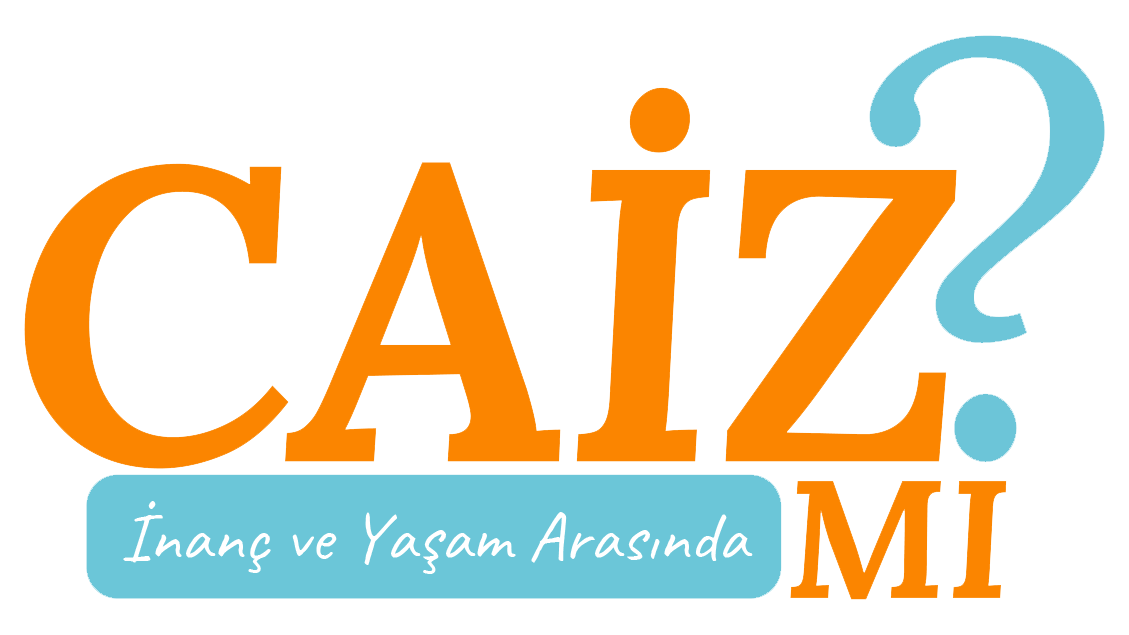When companies present products under a “halal” label, it is essential to consider their reliability and ensure that they adhere to Islamic guidelines. Some brands with religious sensitivities may state, “We pay attention to these matters, and you can eat them comfortably,” but consumers should not blindly trust these claims and should conduct necessary research. In Islam, avoiding doubtful situations is encouraged by the hadith of the Prophet Muhammad (peace be upon him): “Halal is clear, and haram is clear; but between them are doubtful matters that many people do not know. Whoever avoids the doubtful has safeguarded his religion and honor” (Bukhari, “Iman”, 39).
Although some companies may label their products as halal, they might operate with methods that are not compliant with Sharia, such as reciting salutations instead of Bismillah or saying Bismillah once and cutting throughout the day. In such cases, the product is not considered halal according to religious rules. Muslims should be cautious in these matters, shop from trusted brands, and prefer alternative and certain options when they have doubts. Additionally, avoiding suspicion, gossip, and slander is also an Islamic responsibility. Maintaining this sensitivity while criticizing or evaluating companies’ statements is a requirement of Islamic ethics. Ultimately, it is crucial to avoid doubtful products while adhering to moral responsibilities in this process.
